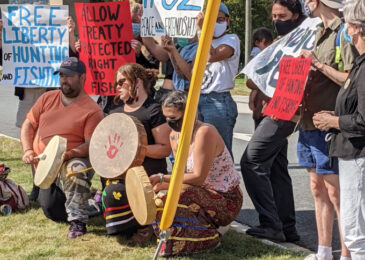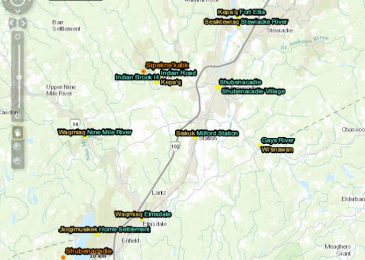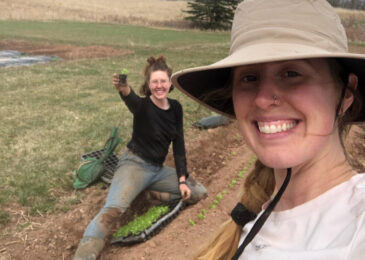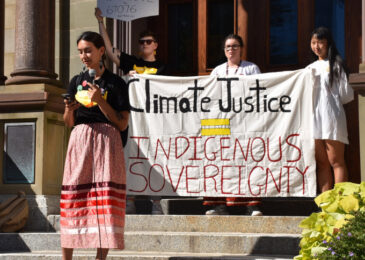Stop violating Mi’kmaw treaty rights, rally tells DFO
Tired of harassment by Department of Fisheries (FDO) officers and tired of both the federal and provincial governments refusal to recognize treaty rights and court decisions, some 50 Mi’kmaw fishers and their allies rallied at the entrance to the DFO offices in Dartmouth.










